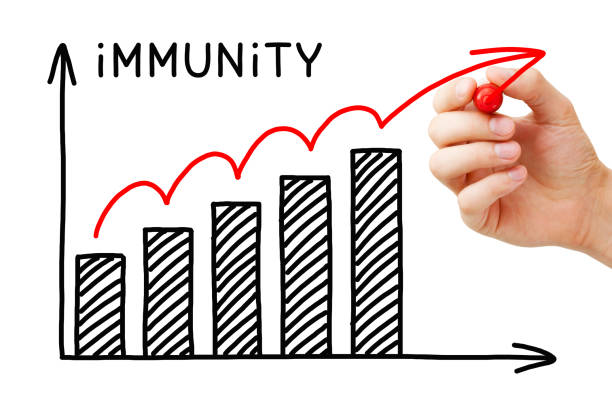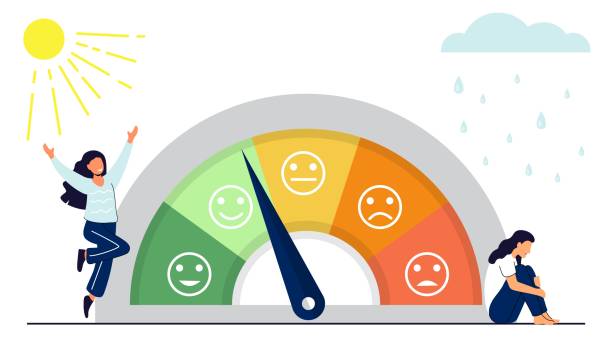The Science of Happiness: How Positive Emotions Impact Health
Introduction
Happiness is not just a warm and fuzzy feeling; it has a profound impact on our overall health and well-being. In this blog post, we'll dive into the science of happiness, exploring how positive emotions can influence various aspects of our physical and mental health. So, let's uncover the secrets behind the smile and understand why happiness matters more than we might think.
The Physiology of Happiness
Happiness isn't merely a state of mind; it's also a physiological response. When we experience positive emotions, our brains release neurotransmitters like dopamine, serotonin, and endorphins. These "feel-good" chemicals play a crucial role in regulating mood, reducing stress, and even strengthening our immune system.
The Immune System Boost
One of the most intriguing aspects of happiness is its connection to our immune system. Research has shown that people who frequently experience positive emotions tend to have stronger immune responses. This means they are better equipped to fight off illnesses, including the common cold and flu.
Stress Reduction
Happiness acts as a natural stress antidote. When we're happy, our bodies produce lower levels of stress hormones like cortisol. This reduction in stress not only makes us feel better emotionally but also has far-reaching effects on our physical health. Lower stress levels are associated with a decreased risk of heart disease, high blood pressure, and other stress-related ailments.
Pain Management
Positive emotions have the incredible power to alleviate pain. Studies have found that laughter and happiness trigger the release of endorphins, our body's natural painkillers. This explains why a good laugh can make you feel better, even when you're in discomfort.
Longevity and Happiness
Happiness has been linked to a longer and healthier life. Research suggests that individuals who maintain a positive outlook tend to live longer and experience a higher quality of life in their later years. This may be because positive emotions are associated with healthier lifestyle choices, such as regular exercise and a balanced diet.
Cultivating Happiness
Now that we understand the significant impact of happiness on our health, how can we cultivate more positive emotions in our lives? Here are some tips:
Practice Gratitude: Regularly take time to acknowledge and appreciate the positive aspects of your life.
Engage in Meaningful Relationships: Building and maintaining strong social connections can boost happiness and provide emotional support.
Mindfulness and Meditation: These practices can help you stay present and appreciate the small moments of joy in your daily life.
Engage in Activities You Love: Pursue hobbies and activities that bring you joy and fulfillment.
Exercise Regularly: Physical activity releases endorphins and contributes to a happier mood.
Conclusion
The science is clear: happiness is not just a fleeting emotion; it's a powerful force that can shape our health and well-being in profound ways. By understanding the physiological and psychological mechanisms behind happiness, we can make deliberate choices to cultivate positivity in our lives. So, embrace joy, cherish the moments that make you smile, and remember that happiness isn't just an emotion—it's a key ingredient for a healthier, happier life.







Comments
Post a Comment